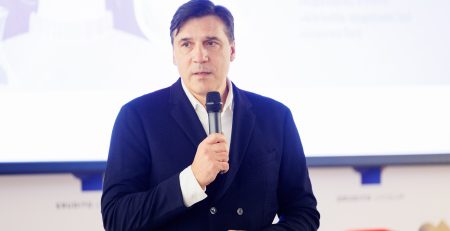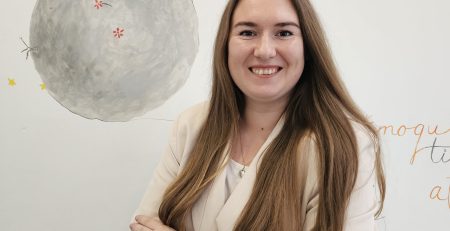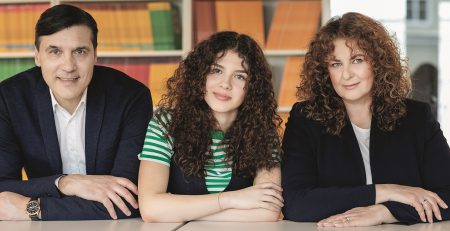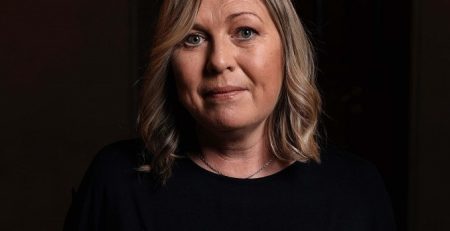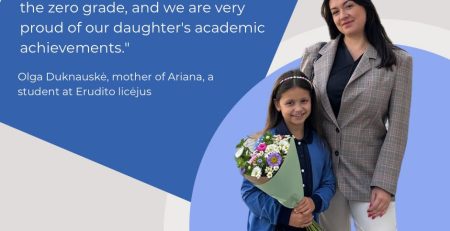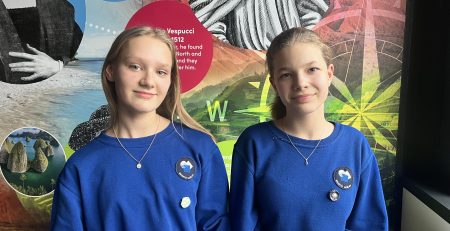N. Pačėsa about the quality of education: it’s enough to ask three simple questions
According to the founder of Erudito licėjus Assoc. Prof. Nerijus Pačėsa factors that determine the quality of education are: content of education, methodology of education and competence of teachers. They are all united by a common denominator – a clearly formed philosophy of education. To understand what it’s like in your child’s school, ask representatives three simple questions: what do you teach, how do you teach it, and why do you teach it?
Extraordinary answers to simple questions
The first question “what?” will answer what competencies school wants to develop, what result it focuses on. The second question “how?” is a reference to methodological choices on how these competencies will be developed. The last question defines the philosophical choice of school, which is practically reflected in lessons and attitudes of teachers.
At Erudito licėjus, we have a clear philosophy of education – a list of general and academic competencies and three key methodological principles for how we will pursue them. We believe that education must be integrated and knowledge applied, so we use experiential, active, practice-oriented teaching formats. We strengthen the perception of knowledge through reflection and application of thinking methodologies. We answer the question “why?” through goals and mission of education – we want to cultivate a personality who is curious, active, independent, who is able to work in a team, knows how to set goals and achieve them, as well as make decisions and implement them, ”says N .Pačėsa.
Theory and practice meet in the classroom
It’s very important to ensure that students feel and are able to recognize the unified philosophy of school education in each lesson. The most important role here is played by a teacher. “We not only convey the philosophy and methods of education to teachers, but we also observe lessons, provide feedback, discuss opportunities for improvement, and promote mentoring among colleagues. It’s very important that teacher reflects, so we introduced a questionnaire for the self-analysis of teacher’s activities – in it teacher records how he is doing all year round and evaluates his progress, – says Erudito licėjus education quality consultant Loreta Kačiušytė-Skramtai. She is convinced that when talking about the quality of education, it would be more accurate to use concept of quality of education, because not only teacher is important in the process – teachers educate, but students must be involved. It’s their level of involvement that largely reflects quality of education.
Perception of philosophy of education and its expression in practice also determines the growth of teacher’s competence – this is the third and one of the most important elements of quality of education mentioned above. When teachers understand the philosophy of education, they themselves initiate qualitative change, especially when they begin to recognize competencies being developed in students, seeing positive change. “Such educators enrich their methodological and content choices, are interested in professional growth and knowledge sharing. In this way, we move into a closed cycle of quality improvement, in which interventions are no longer needed – philosophy of education and responsibility are united, and teachers themselves take action. This is the aspiration of every school, so I’m glad that after a few years of community-focused work, we have already entered this stage,” says N. Pačėsa, the founder of Erudito licėjus.




